Today, I'd like to briefly discuss the notion first introduced by multi-millionaire and show host of "The Profit" of CNBC,
Marcus Lemonis.
His most famous, repeated business concept within the show and his associated advertisements is "People, Process, and Product". In this post, I would like to individually assess each of those three aspects, and give my take on their importance in a business situation.
1. Firstly, we have the people of a company. This is the employee, the front-line soldier, the person that makes it all happen. OR, the person that DOESN'T. Selection of the participants within a company, organization, or any form of business is absolutely critical to the overall efficiency. Deep analysis and successful screening of each and every "member to be" is vital in establishing a working, synergistic team of competent individuals that will follow through on their tasks that are delegated to them by the people in managerial or executive positions above them in the corporate hierarchy that every business has.
Human error is most definitely, undoubtedly a massive concern for some businesses, and companies have to do everything they can to reduce the damage done by a lack of performance of a certain individual within the company. This style of fault within a corporation is countered, for example, by the implementation of Employee Engagement Strategies (EES) such as a "moral event", whereas the company would pay for some sort of recreational outing decided upon by the team by a vote. This allows for the likely stressed company members to relieve stress, and to better appreciate the business that they are enlisted with.
A happy team is an effective team. And if the proper EES methods are applied, and the employees are well compensated and satisfied, they will greatly increase the overall work output of the business, and ultimately find greater success.
2. Next, the process. A companies process is absolutely critical to primarily the efficiency, and also the success overall. A company may have the best and most well-selected team with hand picked, professional employees, and it also may have the most solid and effective product (see next section), but unless the process is equally as effective, the whole ship sinks, metaphorically.
It is fact that applying hard work and effort into a working system (or process) will always provide RESULTS. But without that process being one that, on a consistent and RELIABLE basis, provide said results, it will be essentially wasting the effort and time of the workers implementing that system. And TIME IS MONEY. Every wasted minute applied to an ineffective system is dollars out of the business entity's pocket.
However if a successful, logistically sound and strong system can be found or developed, then every last second spent towards implementing it will be a lucrative, business building measure. Prioritize systematic development and implementation for overall efficiency, and to have a clear, comprehensive, well laid out path to success.
3. And finally, the 3rd "P" that Mr. Lemonis preaches. PRODUCT. In my own personal experience, I am more accustomed to discussing this from a service standpoint, as I own a web design and online business development company (www.aspireconsolidated.com).
Coordinating channel management and distribution aspects of the business with the product is essential. But getting your product where it needs to go is only the first half of the battle. Tactically managing the merchandising (position and placement of product within retail outlet) of the product is essential to overall ROI (return on investment) and sales revenue. Finding and merchandising with the right retailers, making the right contract amounts and managing finances properly, and other distribution difficulties related to getting the product out there must be accounted for.
Another huge aspect of the product is profit margins. How the product is now only distributed, but manufactured, is equally as critical. Manufacturing in bulk will greatly reduce the overall cost, or the "CPU", cost per unit. Having a lower cost per unit will make the profit higher per sale, which is identified as the profit margin of a product. Essentially, cost subtracted from the price. This also factors highly into the overall NET INCOME of the business, which is all profit after deductions and taxes are accounted for.
Let me know what you guys think! Shoot me an email to continue this topic with me.
connorjsmithmarketing@gmail.com
Hope this post brings value as always.
